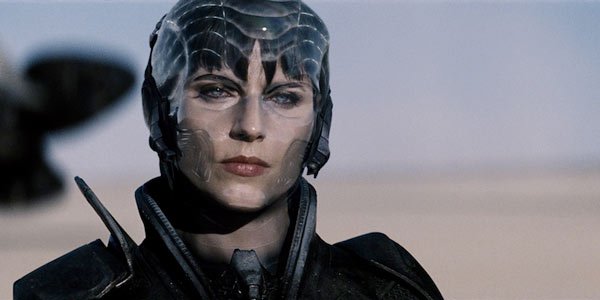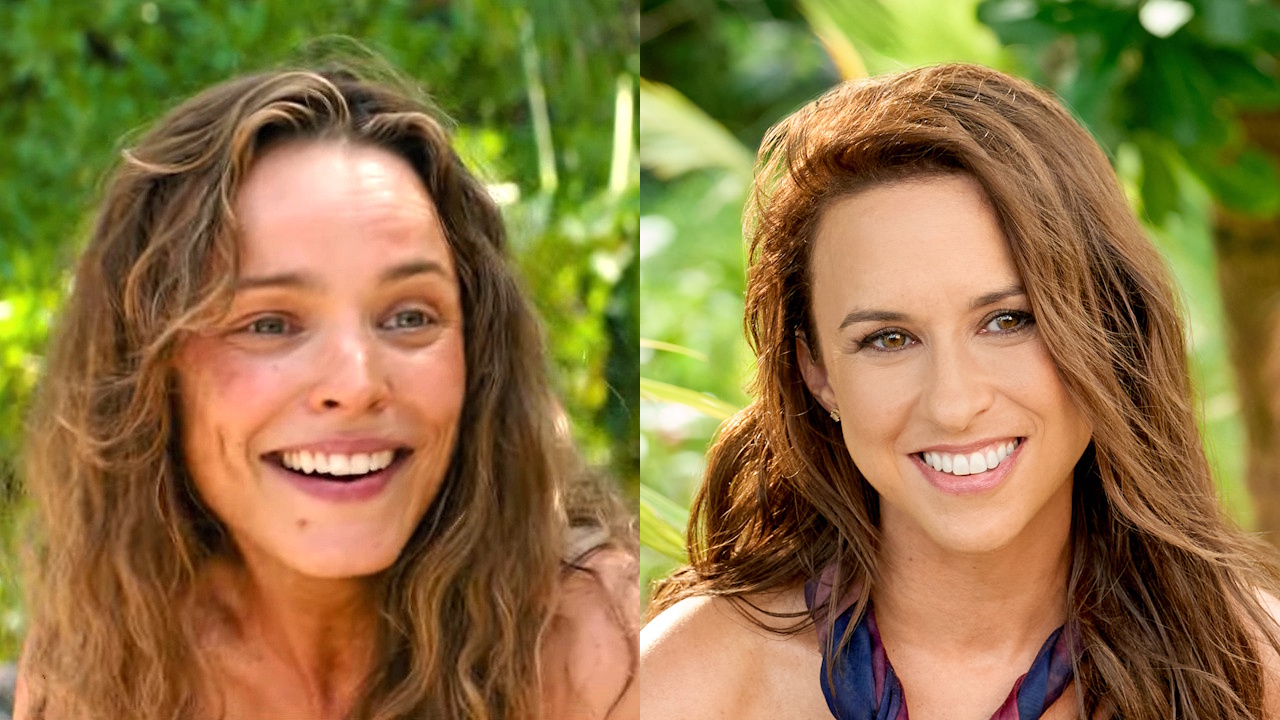Should More Women Be Directing Superhero Movies?

Your Daily Blend of Entertainment News
You are now subscribed
Your newsletter sign-up was successful
I've been fascinated by a piece published on Monday at RogerEbert.com, which has been reshaped in the wake of the critic's death this spring to host all kinds of criticism from various writers. The piece in question was by Susan Wloszcyna, with the provocative headline "Dear Hollywood: Hiring Women Directors Could Rescue The Superhero Movie. Love, Half The Human Race."
We argue about the roles of women in superhero movies all the time here, from praising Faora in Man of Steel to wondering last summer whether Anne Hathaway's Catwoman would earn her own spinoff (one comment on that piece: "Every female reviewer seems to have a lady boner for catwoman.") Being a site run by a lot of comic book fans we find ourselves talking more often about how women might be a bigger part of superhero movies onscreen, from a major role for Black Widow in Captain America: The Winter Soldier to the possible presence of Scarlet Witch in The Avengers 2. As the Marvel Universe expands on film, and DC Films seems poised to set up their own cinematic world, there's never been more potential for female superheroes to emerge on screen, and hopefully in good movies that make up for the mistakes of Elektra and Catwoman.
But there are currently zero standalone movies about female superheroes in the works, and the roles for women in the ones starring men can be meager-- Faora may be a badass in Man of Steel as Wloszcyna points out, but isn't it weird how Superman's mom isn't a fraction as important as his father, Russell Crowe's Jor-El? Wloszcyna suggests, then, that maybe the best way to at least start tackling this problem is to hire a woman to tell the story-- and she runs down a lot of the objections you may already be thinking up in your head. Yes, women do go see comic book movies-- women make up 52% of the moviegoing population in general. Yes, Deborah Snyder and Laura Ziskin and other producers may have a strong influence in the industry, but the director still has final say. And yes, there aren't a lot of women directing big action movies who could easily transition over in to superheroes-- but did 500 Days of Summer director Marc Webb seem like a natural fit for The Amazing Spider-Man? And how about Bryan Singer?
A boyhood spent reading comics in bed with a flashlight is not required for bringing these stories to the masses. Singer, who made his reputation with the small, smart "The Usual Suspects" in 1995, has always owned up to the fact he had little knowledge of the X-Men comics before directing the first movie in 1999. It certainly didn't hurt his ability to translate Wolverine and company into a big-screen success and turn the title into a durable movie franchise.
Since Wloszcyna's piece was published on Monday, it's collected the expected amount of heated comments, including one arguing that the flaws of the source material are more to blame for the lack of important women in comic book movies:
When the source materials (comics) are so blatantly misogynistic, why should it be surprising that their film adaptations would be as well? Yes, you could write Lois Lane as a strong independent female role model, but then she wouldn't be Lois Lane anymore. Lois Lane exists purely to be rescued by Superman. Granted, you could say the same about Jimmy Olsen, but Superman doesn't want to have sex with him.If you want gender equality, you're going to have to go out and create something new. This is something female directors with actual talent are already doing. Simply reducing the number of males in the production department of pre-existing franchises isn't going to get the job done.
That point about creating something new is interesting in the week that brings the premiere of Pacific Rim, an original story from director Guillermo del Toro and writer Travis Beacham that casts Rinko Kikuchi as one of our two leads. The character easily could have been written as male, but Beacham and del Toro chose to make her a woman, providing us one of the summer's best heroines and a more interesting character to boot (the moment where she sneaks a peek at the shirtless torso of her partner, Charlie Hunnam's Raleigh Becket, probably wouldn't have happened were she male). Del Toro and Beacham created this character, and they are both men. And Joss Whedon, of course, made Black Widow more lively than ever in The Avengers. But they are very much the exception to an industry largely run by men, making movies about men, and aiming them at men. Don't you think a female writer/director would be at least somewhat more inclined to get a female perspective in there?
This is an endless debate that I genuinely don't expect to be solved in my lifetime-- women have made up an extreme minority of the directors in Hollywood from the very beginning, and the fact that they've gained so little ground in 100 years suggests it will be a lot longer before women actually make up 50% of the industry. But it's fascinating to focus specifically on superhero movies, the dominant blockbuster genre of our time, and to wonder why so many of them fall into the same patterns of handing non-essential roles to women. For every Faora or Catwoman, there are many more Maria Hills or Carol Ferrises or Rachel Dawes or Jane Fosters-- women who have their share of screen time in a movie, but are ultimately irrelevant to the story at hand. Would a female director automatically solve all of these problems? Of course not But it's hard not to think that a change in perspective could at least do something.
Do me a favor: please read Wloszcyna's entire piece before jumping in the comments to tear her (or me, or both of us) apart. This is a conversation! It's only fair to listen to the first part before starting the second.
Your Daily Blend of Entertainment News
Staff Writer at CinemaBlend

